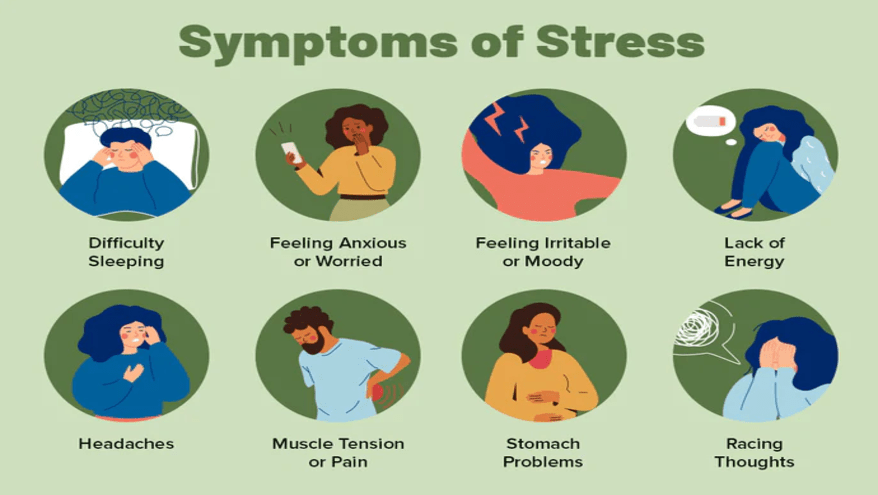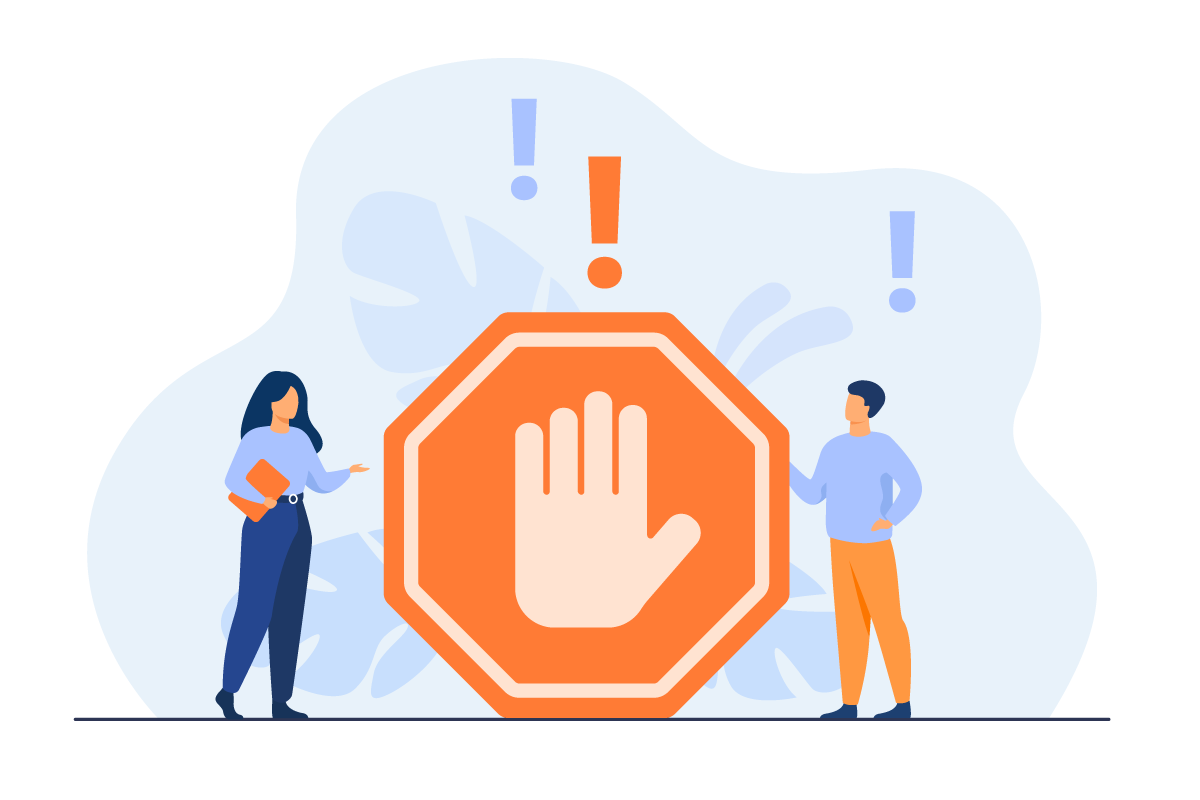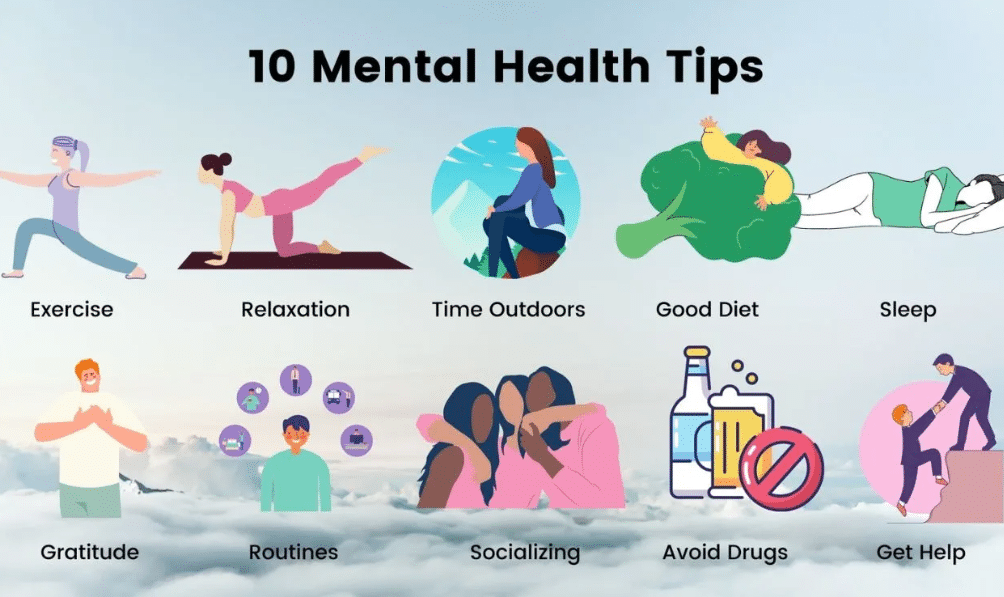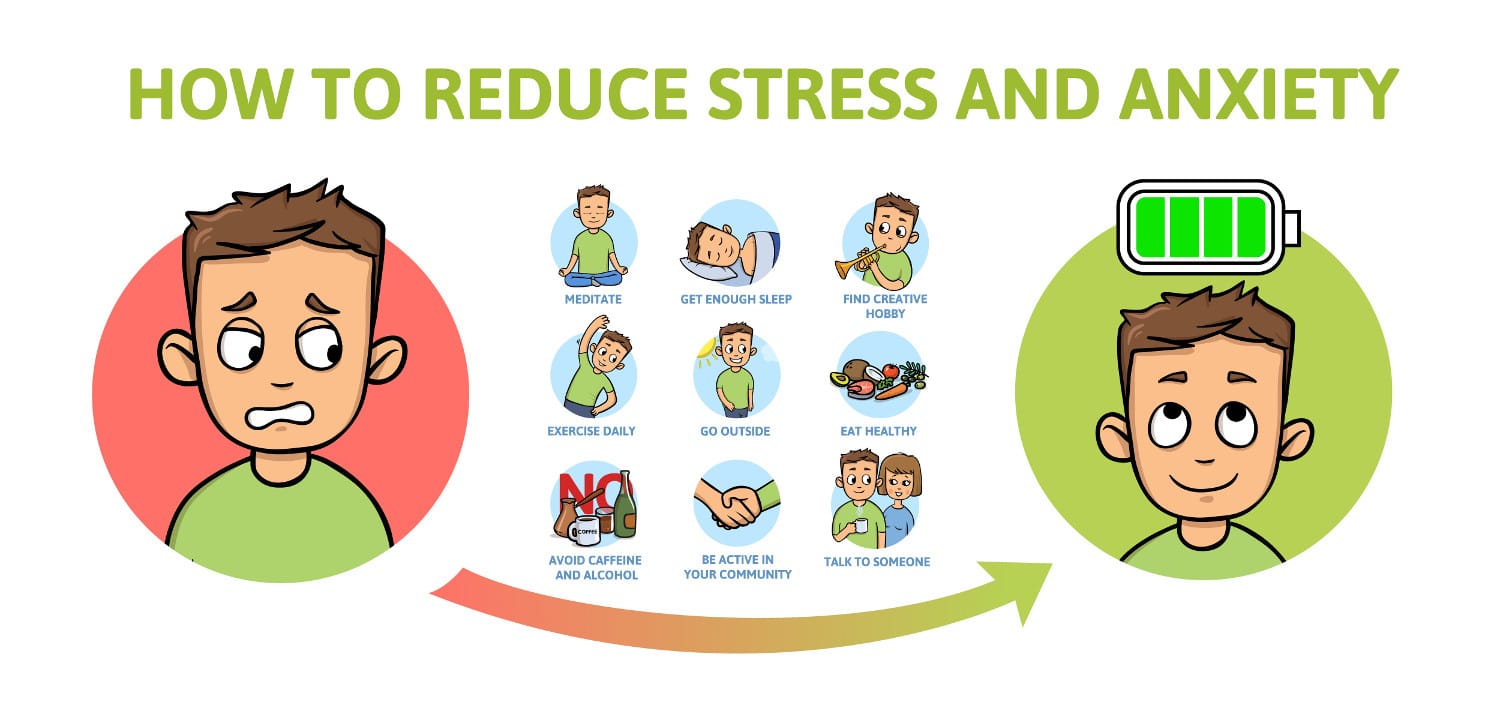Stress is an inevitable part of life. It’s a natural response to challenging situations, whether they’re physical, emotional, or psychological. However, chronic stress can have detrimental effects on both our physical and mental well-being.
What is Stress?
Stress is the body’s reaction to any demand or challenge. When faced with a threat, whether real or perceived, the body goes into “fight or flight” mode, releasing hormones such as adrenaline and cortisol. These hormones prepare the body to either confront the stressor or flee from it. While this response can be beneficial in short bursts, prolonged exposure to stress can lead to health problems.
Example: Imagine having a big test tomorrow, but you haven’t studied much. You might feel stressed because you’re worried about doing well. This stress can make you feel tense, anxious, or even make it hard to concentrate.
Signs and Symptoms of Stress
Recognizing the signs and symptoms of stress is crucial for effective management. They can manifest in various ways, including:
Physical Symptoms:
- Headaches
- Muscle tension or pain
- Fatigue
- Digestive issues
- Changes in appetite
- Sleep disturbances
- Sexual dysfunction
- Weakened immunity.
Emotional Symptoms:
- Anxiety
- Irritability
- Mood swings
- Feeling overwhelmed
- Lack of concentration
- Depression

Behavioral Symptoms:
- Withdrawal from social activities
- Increased use of substances like alcohol or drugs
- Procrastination
- Changes in eating or sleeping habits
- Difficulty making decisions
How to Manage Stress
Managing stress involves adopting techniques to reduce its impact on our lives. Here are some effective ways:
1. Practice Relaxation Techniques:
- Deep breathing exercises
- Meditation
- Progressive muscle relaxation
- Yoga or tai chi

2. Exercise Regularly:
- Physical activity helps reduce stress hormones and increases endorphins, the body’s natural mood lifters.
- Aim for at least 30 minutes of moderate exercise most days of the week.

3. Maintain a Healthy Lifestyle:
- Eat a balanced diet rich in fruits, vegetables, whole grains, and lean proteins.
- Limit caffeine and alcohol intake.
- Get an adequate amount of sleep each night.

4. Prioritize Tasks and Set Boundaries:
- Break tasks into smaller, manageable steps.
- Learn to say no to additional responsibilities when necessary.
- Delegate tasks when possible.

5. Seek Support:
- Share your feelings with friends, family, or a therapist.
- Join a support group to connect with others facing similar challenges.

6. Practice Mindfulness:
- Stay present in the moment and focus on what you can control.
- Mindfulness techniques can help reduce stress and promote emotional well-being.

Preventive Measures
While it’s not always possible to avoid stress entirely, there are steps you can take to minimize its impact:
1. Identify Triggers:
- Pay attention to situations or events that consistently cause stress.
- Once identified, develop strategies to cope with or avoid these triggers when possible.
2. Build Resilience:
- Cultivate a positive mindset and develop coping skills to bounce back from setbacks.
- Practice self-compassion and avoid dwelling on past mistakes.
3. Maintain a Supportive Network:
- Surround yourself with friends and family who provide encouragement and emotional support.
- Reach out for help when needed and offer support to others in return.
4. Establish Healthy Habits:
- Prioritize self-care activities that promote physical and mental well-being.
- Schedule regular breaks and downtime to recharge.
5. Stay Flexible:
- Accept that change is a part of life and learn to adapt to new challenges.
- Focus on what you can control and let go of things beyond your control.

When should I see a doctor?
If stress becomes overwhelming or interferes with daily functioning, it’s essential to seek professional help. Consider consulting a doctor if you experience severe physical symptoms, persistent emotional distress, or difficulty managing stress despite trying various self-help strategies. A doctor can provide guidance, support, and appropriate treatment options tailored to your needs.
Frequently Asked Questions (FAQs)
Q: What Causes Stress?
A: Stress can be triggered by various factors such as work pressure, relationship issues, financial problems, and major life changes, leading to physical and emotional strain.
Q: How Does Stress Affect Health?
A: Chronic stress can weaken the immune system, increase the risk of heart disease, worsen mental health conditions like anxiety and depression, and contribute to various other health problems.
Q: What Are Effective Stress Management Techniques?
A: Techniques like deep breathing, exercise, meditation, and seeking support from friends or professionals can help reduce stress levels and promote overall well-being.
Q: Can Stress Be Prevented?
A: While it’s impossible to eliminate stress entirely, adopting healthy lifestyle habits, identifying triggers, building resilience, and seeking support can minimize its impact on your life.
Q: When Should I Seek Professional Help for Stress?
A: If stress significantly interferes with daily functioning, causes persistent physical or emotional symptoms, or leads to thoughts of self-harm, it’s important to seek help from a healthcare provider or therapist.
Conclusion
Stress is a natural part of life, but excessive or prolonged stress can have serious consequences for our health and well-being. By recognizing the signs and symptoms of stress, adopting effective management strategies, and taking preventive measures, we can better cope with life’s challenges and lead happier, healthier lives. Remember, seeking support and prioritizing self-care are essential components of stress management. By taking care of ourselves, we can build resilience and thrive in the face of adversity.
Don’t let stress control your life. Schedule a consultation with our experienced professionals to develop personalized strategies for managing stress effectively. Take the first step towards a healthier, happier you. Contact us now to book your appointment.
Call Us today at 1-212-794-8800 or email us at info@patientsmedical.com.
Our medical center is in New York City.
Patients Medical PC
1148 Fifth Avenue, Suite 1B
New York, NY 10128


